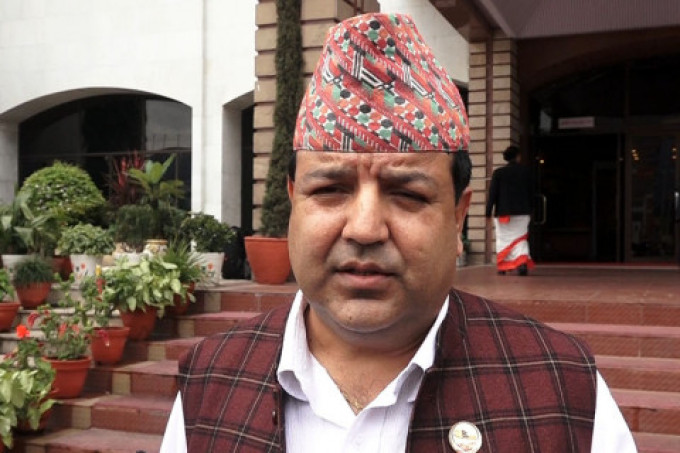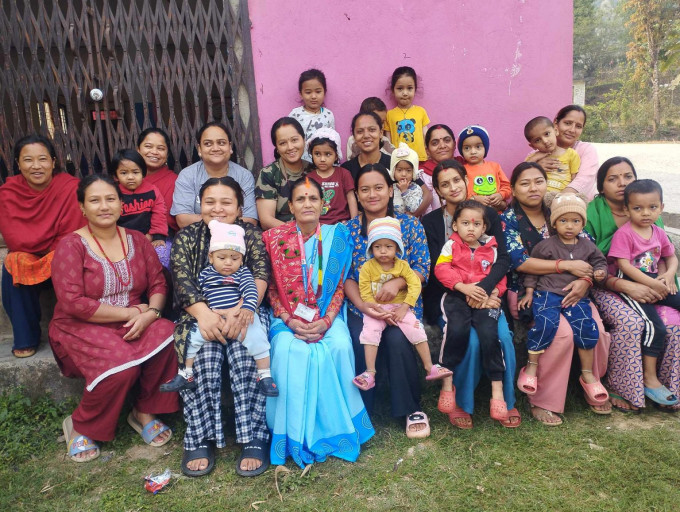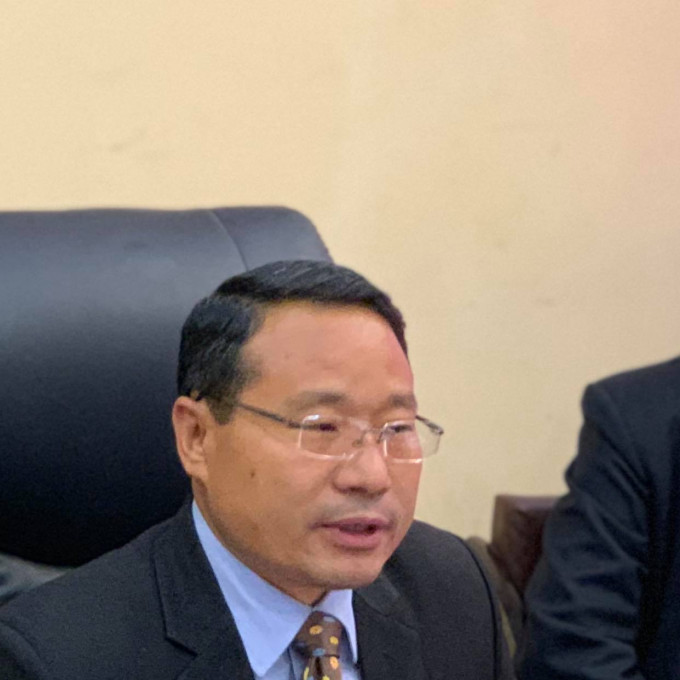Stakeholders voiced that the political leadership is not serious about the national economy that was deteriorating lately.
At an interaction organized by the Rastriya Prajatantra Party (RPP) Nepal on Tuesday, economists and private sector entrepreneurs also called for collective efforts from all sides to salvage the national economy.
In the interaction themed 'Current economic state of Nepal: Crisis, Challenge, and Measures of Resolution' RPP Nepal Chairperson Kamal Thapa felt that currently, the economic situation of the country was going through a very complicated and crisis-ridden phase.
According to him, the entrepreneurs were not easily getting loans from banks and financial institutions and they reached a situation where they are unable to repay their loans. "It is a common understanding among the people at large that an extreme economic crisis is looming in the country. Each household has begun feeling an acute sense of crisis. Our agencies are also saying that some economic indicators were in a dire situation."
Thapa, also a former minister, said that the sole initiative of any agency would not bring about positive changes in the national economy in the wake of all dynamics of economies deteriorating.
Towards this, he viewed that government, opposition parties, and the private sector should move ahead coordinating efforts to improve the economy.
According to him, his party was going to submit a memo to the incumbent government after soliciting suggestions from various sectors on the national economy.
Similarly, Kathmandu University Registrar and Professor Dr. Achyut Wagle blamed that no political parties had taken the deteriorating condition of the national economy into serious account. He ruled that there was less concern about the national economy in the political circle at present.
"Although the balance of payments and foreign currency reserve was improving at present, most of the sectors are hard hit by the economic crisis." He opined that the national economy could not improve largely because domestic production was not increasing substantially.
"Decreasing industrial production and increasing contributions in the real estate are our underlying problems due to which our productive sector was crisis-ridden. Consumer loans are ever increasing in the banks and financial institutions while loans in the production sector did not increase," analyzed Wagle.
Stating that the average economic growth of the country was 3.9 percent for the last six decades, he argued that there was no significant improvement in economic growth lately as the shadow economy thrived.
He spoke of the need to acknowledge dismal revenue collection and low capital expenditure and increasing trade deficit as serious issues.
Wagle said another cause for concern was decreasing portion of grants and increasing portion of loans in the foreign development assistance.
Similarly, the Federation of Nepalese Chamber of Commerce and Industry (FNCCI) President, Shekhar Golchha, said that the economic problem was not only the private sector's problem but also of the nation. "There is not a single person who is not experiencing an economic issue. The private sector had never seen such a problem before."
He pointed out the need for all agencies and sectors to be serious about resolving issues surrounding low revenue collection, the increasing number of people seeking greener pastures for employment, and high inflation.
According to him, the flexible policies put in place by the Nepal Rastra Bank to salvage the national economy marred due to the COVID-19 pandemic were made strict all at once and its adverse effects were evident in the market.
He lamented that the Rs 1 trillion provided by the Nepal Rastra Bank as refinancing was not managed properly. "The private sector could not utilize Rs 1 trillion."
According to him, the liquidity issue was artificially created and increased in the market and it was not in a timely addressed. The banks went on disbursing loans excessively.
Imports rose significantly. Investments were made in real estate and the stock market. In the meantime, the Nepal Rastra Bank adopted a strict policy to increase the balance of payments and foreign exchange reserves. And all these, he observed, eventually snowballed into an economic crisis.
He suggested that the government should consider injecting Rs 2 billion into the market immediately to address the liquidity crunch. Also, the Working Capital Loans Guidelines should be brought into effect after two years and the crisis-stricken cooperatives should be managed at the earliest.
Likewise, the Confederation of Nepalese Industries (CNI) Vice-President Hemraj Dhakal ranted that the private sector alone could not resolve the economic issues until the political leadership and policymakers would take it into serious consideration.
"Investment worthy amount is low in the market. There is low demand." Many industries have begun laying off their staff. Our morale has been down," whined Dhakal, urging the political leadership to take the economic issue into serious consideration.
----
READ ALSO:









